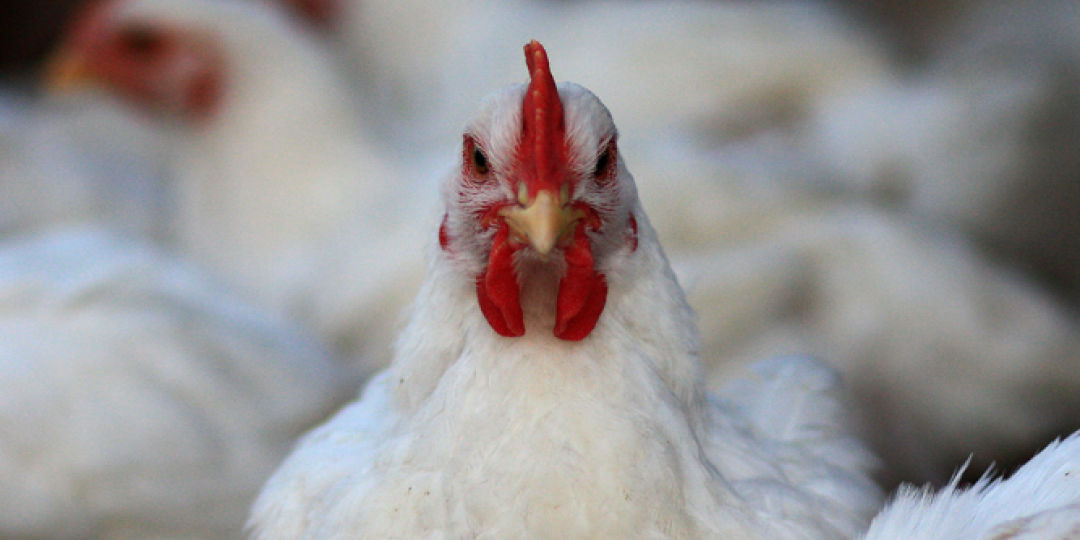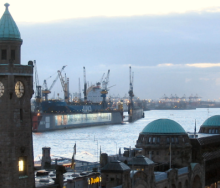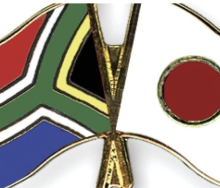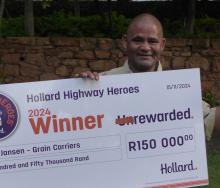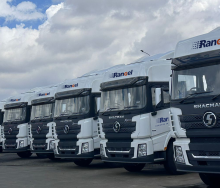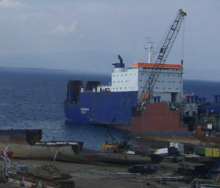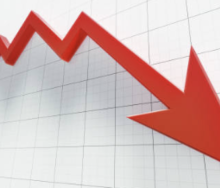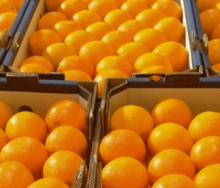Rainbow Chicken’s plant in Hammarsdale, outside Durban, has returned to full production after being partly shuttered due to the impact of high levels of dumped chicken imports over the past six years.
Department of Trade, Industry and Competition (Dtic) Minister Ebrahim Patel and Minister of Agriculture Thoko Didiza attended the official reopening to mark the plant’s 60 birthday this week.
The closure of the plant in 2017 highlighted the crisis in the South African poultry industry because of nearly two decades of chicken dumping.
Import volumes had risen steadily, devastating local chicken farmers and many small operations were forced to close, while Rainbow Chicken downsized and restructured, leading to the loss of more than 6 000 jobs.
Some 1 200 jobs were lost at Hammarsdale when the plant was shuttered and poultry farms were sold off.
After crisis meetings between the government and poultry producers, a sector master plan to stabilise and revitalise the industry was launched in 2019.
It planned to create nearly 5 000 jobs by expanding the industry to supply increased local consumption and new export markets.
However, the Covid-19 pandemic hit and the plan came to a halt for nearly two years. Domestic chicken consumption is down, and chicken export volumes in 2022 have not risen since 2019.
Between 2019 and last year, domestic production for chicken meat increased from 1.7 million tons to 1.84 million tons per year, outpacing local consumption which decelerated by 7% during this period.
Rainbow has since invested R220 million in the plant and contract growers will be responsible for another R400 million.
Nearly 500 new jobs have been created at the re-opened production plant and on the farms and industries serving it.
Delivering the keynote address, Didiza said the re-opening of the Hammarsdale plant illustrated the success of several aspects of the master plan, including investment, job creation, poultry exports and the establishment of black contract growers.
Poultry was the single biggest industry in the livestock sub-sector worth R54 billion last year.
"The sector employs more than 100 000 persons. The industry’s value has been growing at an average of 5.3% per annum since the industry and government signed the Poultry Master Plan (PMP) in 2019,” said Didiza.
“The interventions committed under the PMP are yielding positive outcomes. Domestic producers like RCL Foods and others have heeded the call to increase local production and create jobs," she said.
Didiza added that the master plan is not working everywhere, but its potential is evident at Hammarsdale.
Patel said the re-opening of Hammarsdale was one of the core successes of the investments stemming from the poultry sector master plan.
He said Rainbow’s 2017 mass retrenchments were an indicator of the larger global crisis, and the local poultry industry had been hard-hit by continued dumping.
“As a government, we had to come up with anti-dumping policies and increased tariffs to protect our local breeders. It is in times of triumph that we have to set higher goals and new challenges.
“We need to create a market of exports, and secure markets in countries like China and Saudi Arabia. We are happy our intervention has yielded positive results and we now see growth in the poultry industry.”
